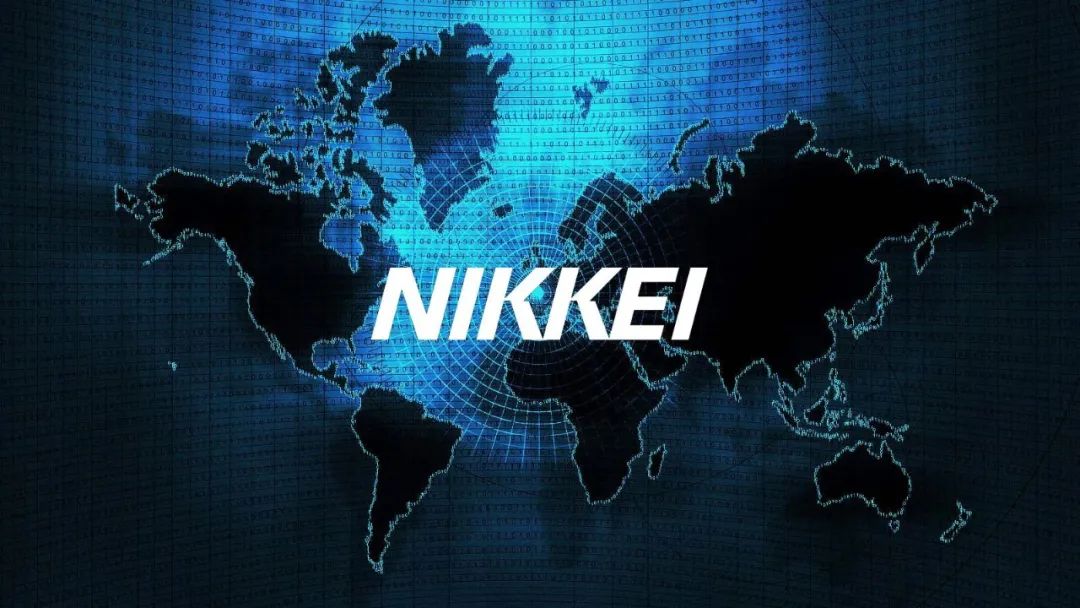
Nikkei Group, the Japanese business information giant that owns globally renowned media such as the Financial Times, recently exposed another scandal - the Slack account data and chat records of over 17,000 employees and business partners were leaked. This is already the third cybersecurity incident that the group has publicly disclosed in recent years. Ironically, a media giant specializing in reporting on global business trends seems so powerless when it comes to safeguarding its own digital assets.
The apparent cause of the incident was astonishingly simple: an employee's personal computer was infected with a virus, resulting in the theft of the login credentials for the enterprise communication platform Slack. The leaked information includes employees' names, email addresses and internal chat records. These seemingly ordinary contents actually pose huge risks and may become the entry point for uncovering business secrets and undisclosed strategies.
Looking back at the security history of Nikkei Group, this drama is not the first of its kind. In 2022, its Asian branch was hit by a ransomware attack and was forced to shut down servers to control the losses. The commercial email fraud incident in 2019 cost the group as much as 29 million US dollars. The continuous security vulnerabilities have revealed a harsh reality: Nikkei's cybersecurity issues are not accidental but a systemic failure.
The deeper problem lies in the fact that Nikkei seems to have failed to draw sufficient lessons from past experiences. In 2022, the Privacy Commissioner for Personal Data of Hong Kong had already clearly pointed out several security weaknesses - including poor password management, failure to clean up expired accounts in a timely manner, and insufficient protection against remote access - which still lurked in the latest incident. This "selective forgetting" of security warnings has left a media group that should have relied on accurate information as its foundation in an awkward situation where it knew it was impossible but did not act.
From a risk perspective, the consequences of this leak far exceed the surface data. Sensitive internal conversations may expose immature reporting plans, brewing business collaborations, and even confidential sources of information. For media organizations that take credibility as their lifeblood, this crisis of trust would be devastating - when journalists cannot ensure the security of conversations, who would still be willing to take the risk of providing exclusive leads? The brand value of high-quality assets such as the Financial Times under Nikkei has also been continuously eroded in this ongoing cybersecurity crisis.
Ironically, Nikkei Group has long been at the forefront of reporting on the digital transformation of global enterprises, but it has repeatedly stumbled in its own digital practices. This disconnection between "knowledge" and "action" reveals the adaptation predicament of traditional media giants in the face of technological change: they are adept at telling others' innovative stories but find it difficult to complete their own profound transformation.
Facing the predicament, Nikkei needs more than just technical fixes. The recommendations made by Hong Kong's regulatory authorities two years ago - implementing a strong cryptographic policy, establishing account lifecycle management, and introducing independent security audits - have not lost their value to this day. But a deeper solution will inevitably involve the reshaping of an enterprise's security culture. From management to ordinary employees, everyone should be a guardian of the information fortress rather than a potential vulnerability point.
The enterprise data governance framework that the Japanese government has been actively promoting in recent years has pointed out the direction for local enterprises like Nikkei: based on the data lifecycle, systematically manage data risks and enhance overall security maturity. If these policy guidelines can be implemented as resolute internal reforms, they may help Nikkei break the vicious cycle of security failure.
In its incident briefing, Nikkei particularly emphasized that it had proactively reported to the regulatory authorities, "taking into account the significance of the incident and ensuring transparency." This attitude is commendable, but the rebuilding of trust requires much more than that. In the digital age where information is power, the core value of a media group lies not only in its ability to obtain information but also in its ability to safeguard it.
The case of Nikkei has become a cautionary textbook for the business world: Any organization, regardless of its size or reputation, will eventually pay the price if it takes chances in the field of cyber security. For global enterprises undergoing digital transformation, Nikkei's three stumbles are sufficient proof that safety is not a technical issue but a matter of survival.

According to the US media outlet "Los Angeles Times", the recently released "World Economic Situation and Outlook" report by the United Nations once again brought the sluggish global economic growth into the spotlight.
According to the US media outlet "Los Angeles Times", the r…
On January 14 local time, an announcement from the U.S. Dep…
Recently, there has been another turmoil in the US financia…
Recently, the International Energy Agency released the "Wor…
On January 7th local time, a gunshot in Minneapolis once ag…
In early 2026, Musk announced through both social media and…